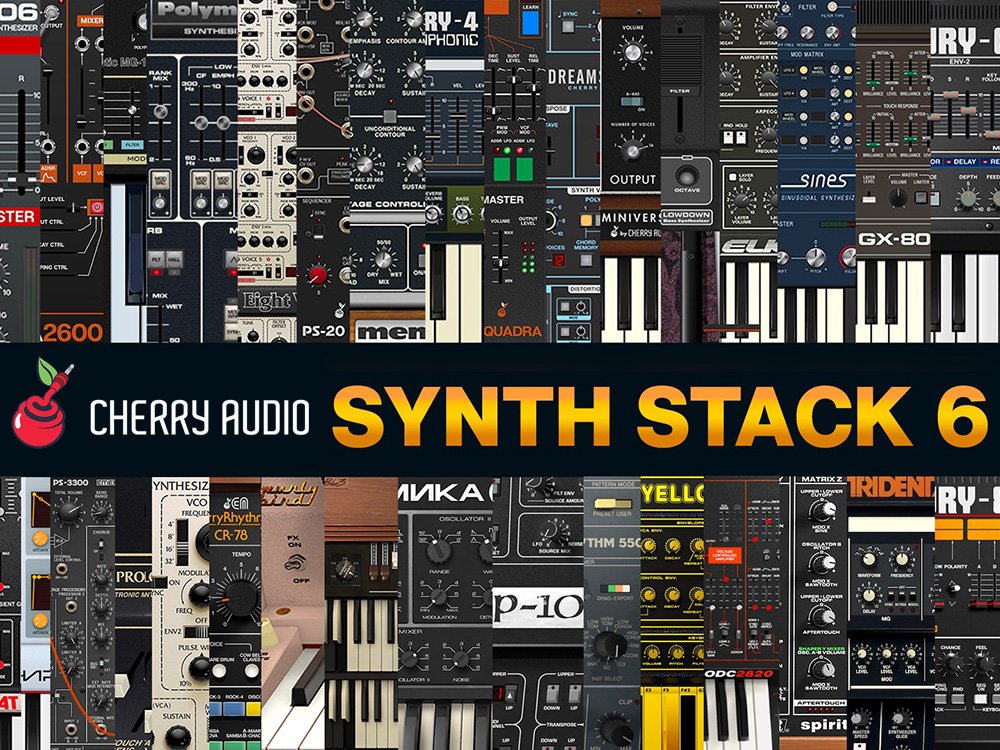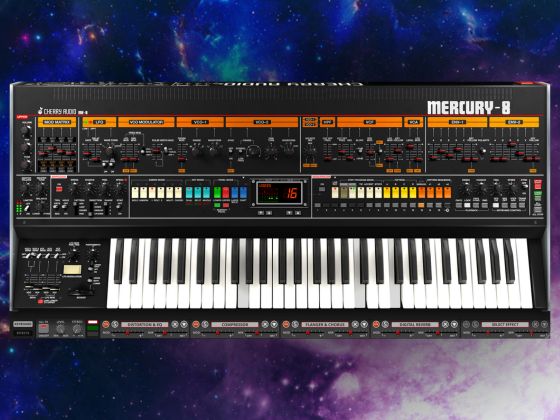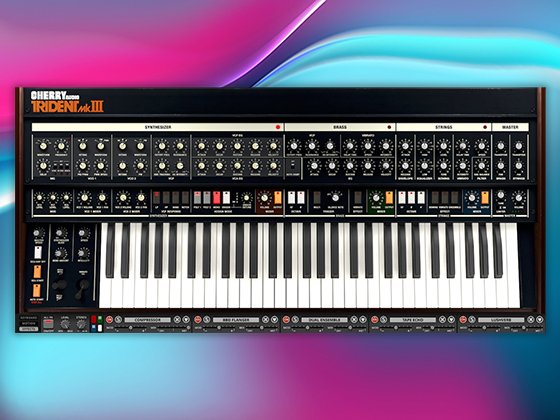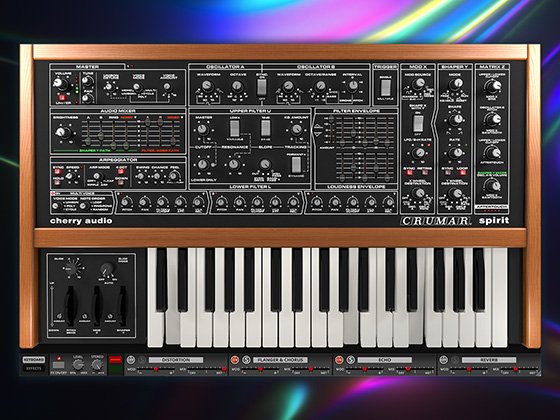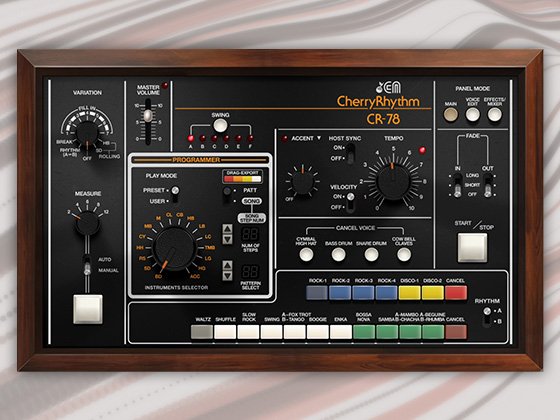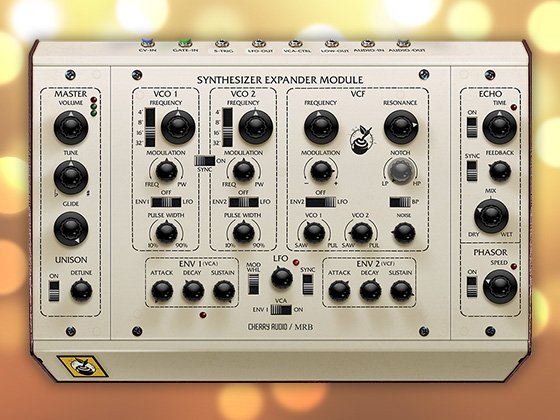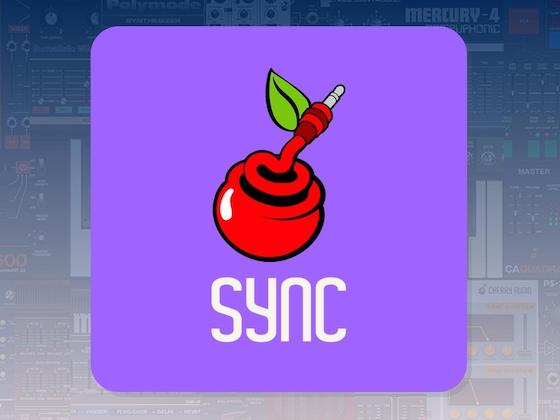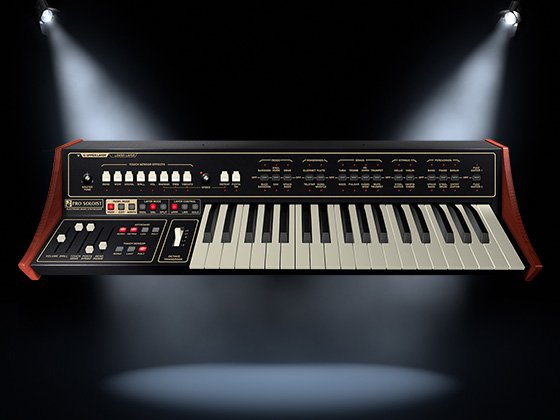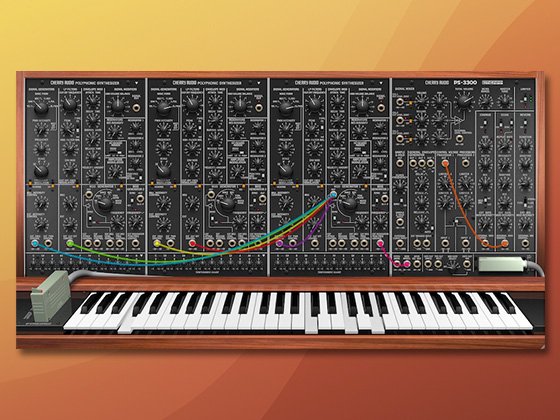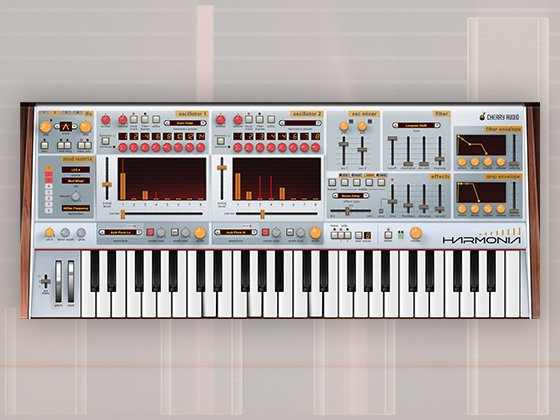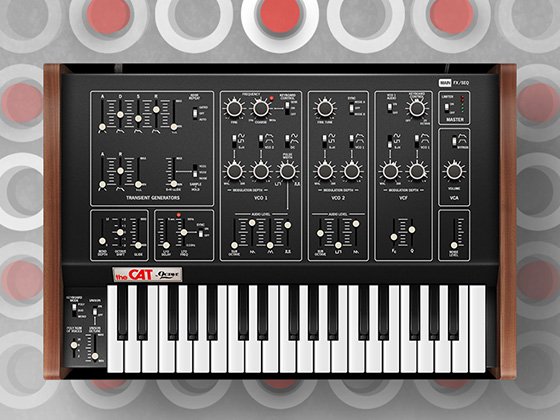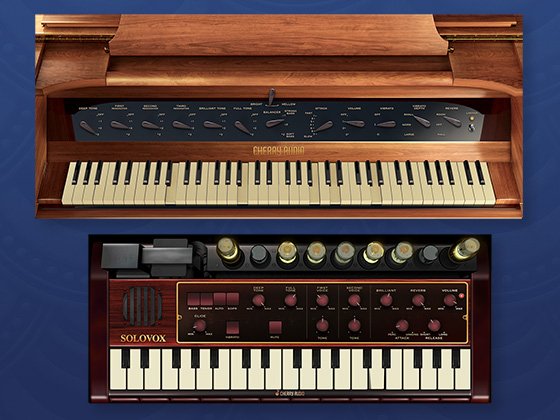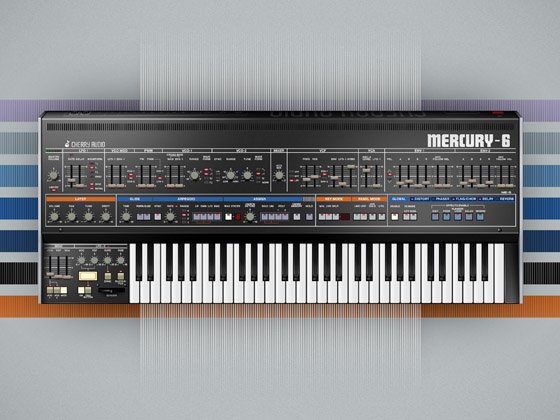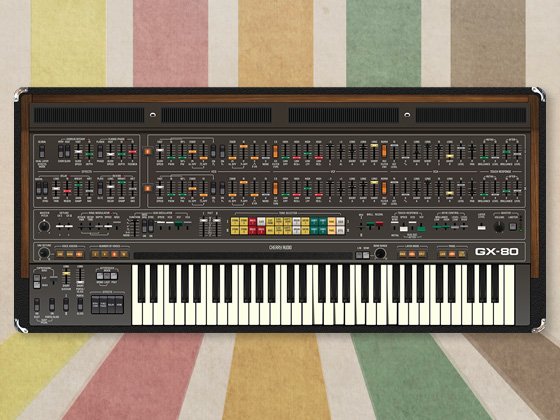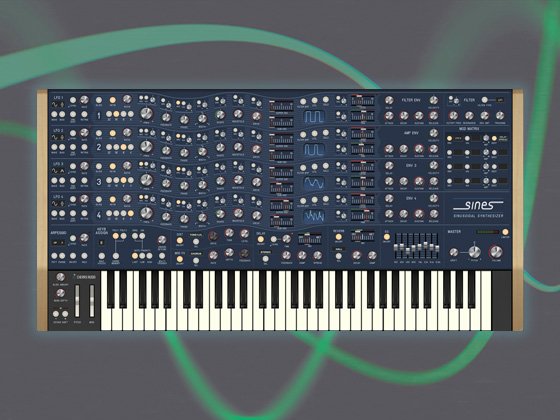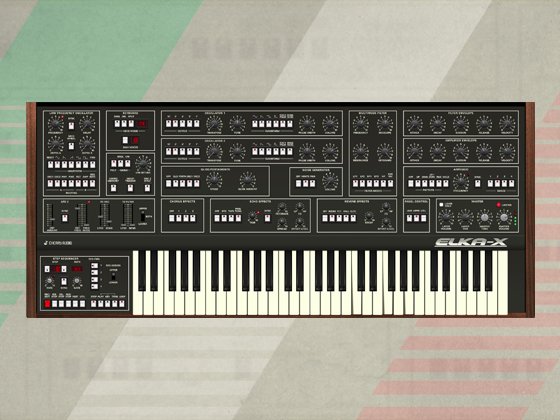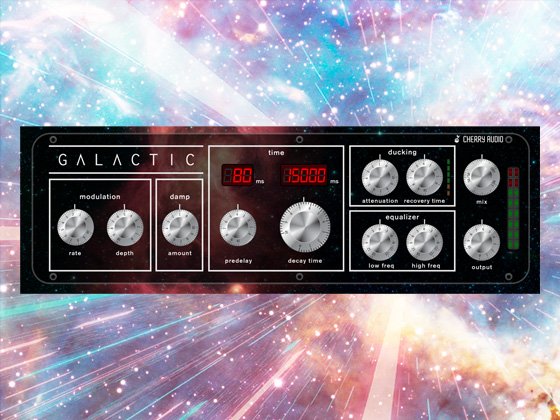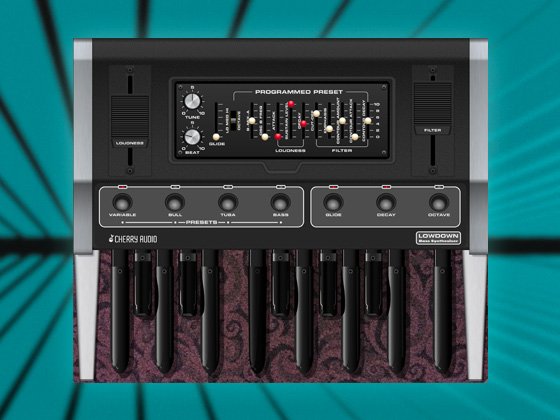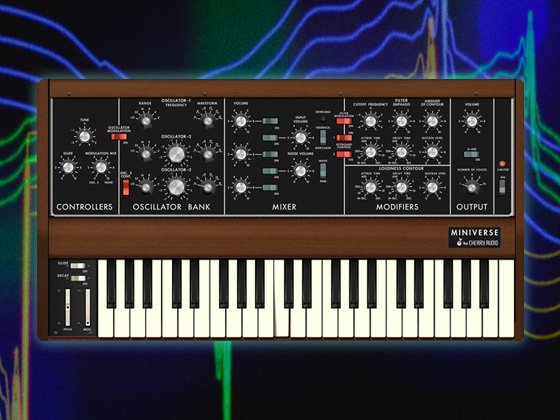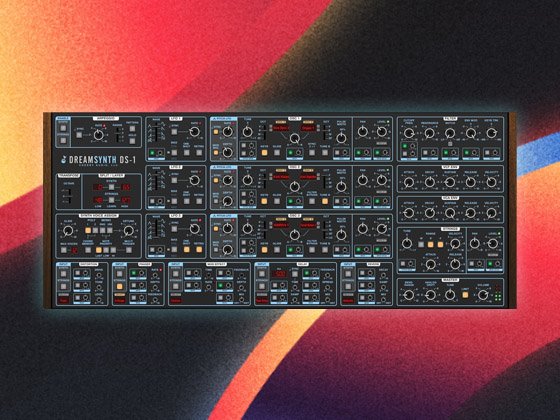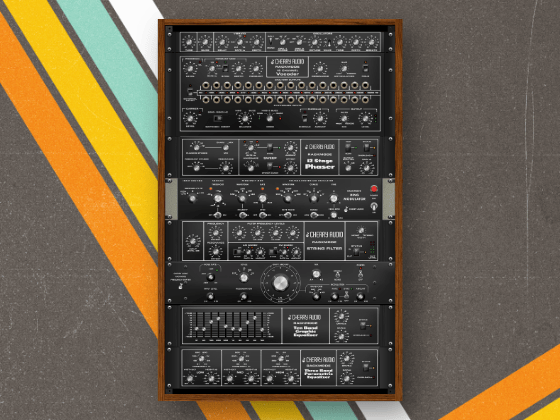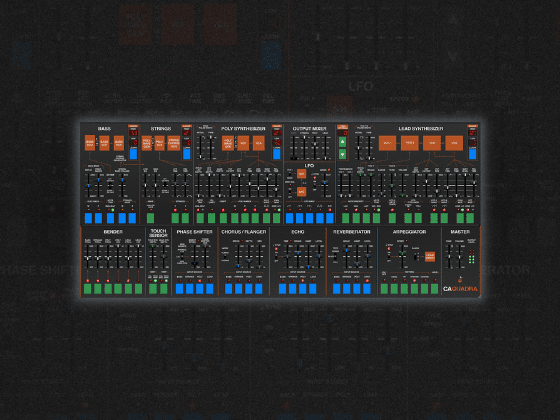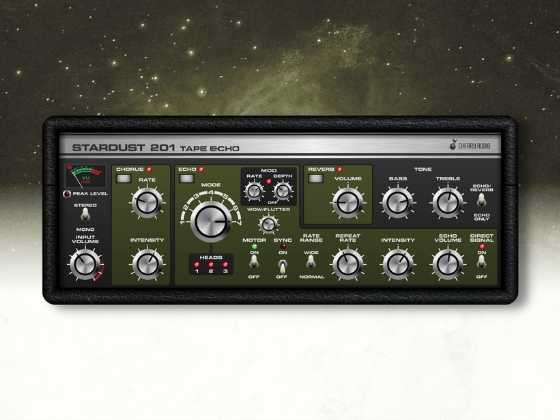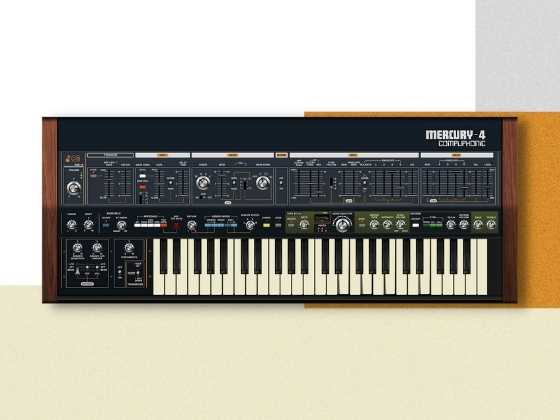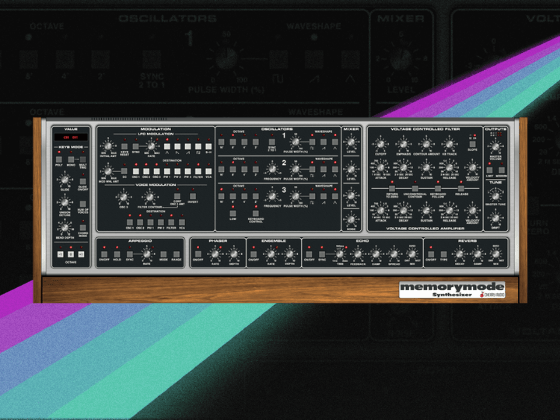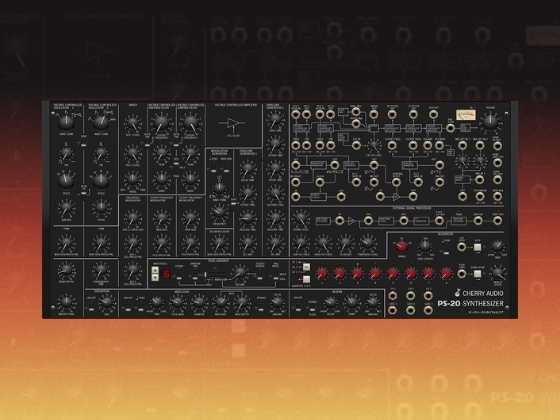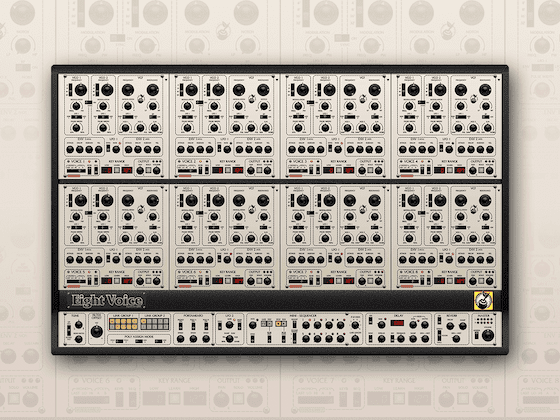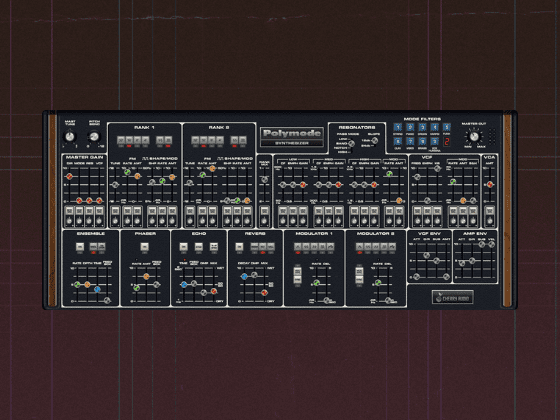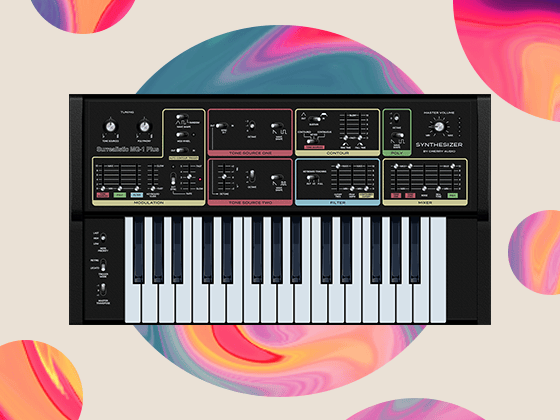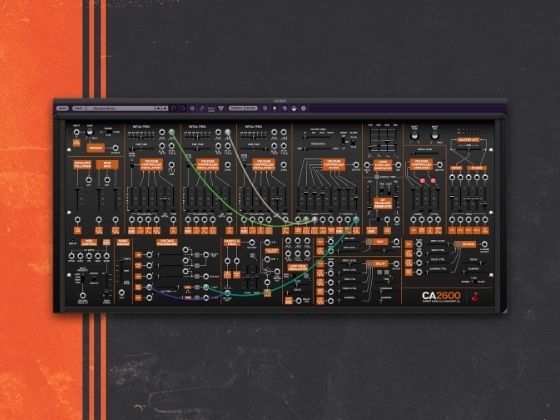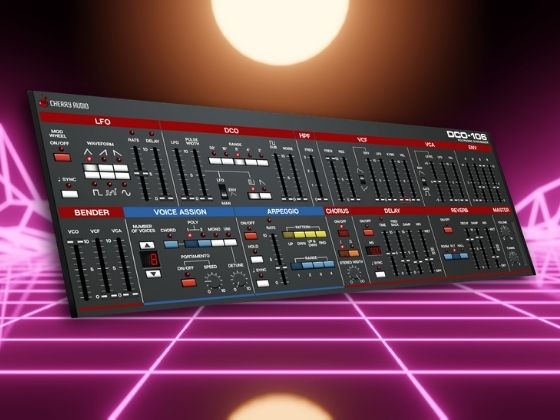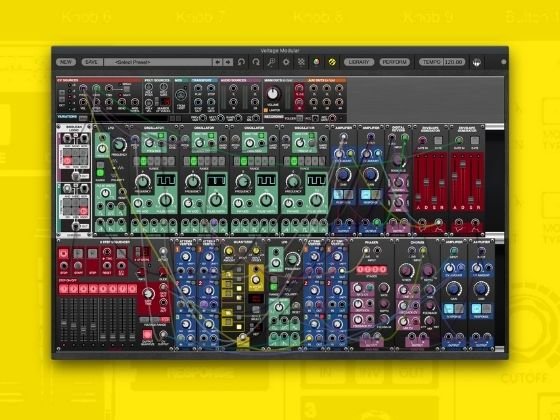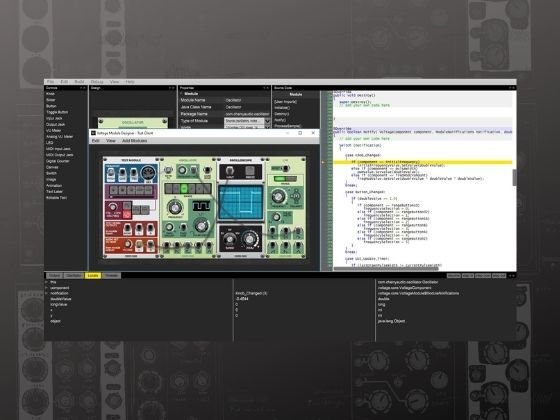Inspired by Yesterday's Legends. Built for Today.
Micro Voice Alunia is a versatile monophonic synth voice designed for powerful, immediate sound creation within Voltage Modular. With two bold oscillators plus a sub oscillator, an expressive filter, and a smooth, musical envelope and lfo, it brings rich, playable tones to everything from shimmering pads to ripping lead sounds to deep, punchy bass. A lush stereo chorus completes the package.
MANUAL
INTERFACE
- PITCH CV
- 1V/Octave pitch CV input
- OCT Knob
- Set the base octave
- LEGATO Knob
- set the time overlapping notes glide in pitch
- NOTE: the time is constant regardless of distance between the start and end pitch
- MOD LFO Knob
- LFO Modulation strength on the pitch
- GATE CV
- Gate input that controls the ENVelope
- VCO/LFO SYNC switches
- Retrigger the VCOs/LFO when a new gate is received
- VELOCITY CV
- Controls the output level
- NOTE: the CV is sampled and held when a new gate is received
- DRIFT Knob
- VCO pitch drift strength
- UNISON Switch
- Set the number of unison voices per VCO
- DETUNE Knob
- Set the amount of unison detune
- EXT IN CV
- Feed an external signal into the internal MIXER
ENV
- ATTACK Knob
- Set the attack time of the envelope
- NOTE: the attack phase starts at the current envelope level. If the release phase is not finished the attack picks up where the release was.
- Decay Knob
- Set the decay time of the envelope
- Sustain Knob
- Set the sustain level of the envelope
- Release Knob
- Set the release time of the envelope
- NOTE: the release phase starts as soon as the gate is low regardless of which stage the envelope is currently at
- OUTPUT CV
- Direct output of the envelope signal
LFO
- ONSET Knob
- Set the onset time the LFO takes to reach full level
- NOTE: the LFO is linear
- FREQ Knob
- Set the LFO frequency
- NOTE: when SYNC is enabled the time is set in relation to the set BPM
- SYNC Switch
- Set tempo sync for the LFO frequency
- FREQ CV
- Exponential CV input to modulate the LFO frequency
- NOTE: When LFO FREQ Knob is fully turned up the LFO is set to C1 and can be played in pitch with 1V/Octave signals on the FREQ CV input
- SHAPE Knob
- Control the shape of the LFO continuously from triangle-ish to sine-ish to square-ish
- NOTE: the lfo is tuned to be smooth so you wont get harsh kinks or jumps
- OUTPUT CV
- Direct output of the LFO signal
VCO1
- TRIANGLE/SAW/SQUARE Toggle Buttons
- Enable or disable the respective waveshape for the VCO
- NOTE: enabling multiple waveshapes attenuates the VCO accordingly
- PW Knob
- Control the Pulse-Width of the SQUARE waveform
- PW ENV/LFO Knobs
- Control the amount of ENV/LFO modulation on the SQUARE's Pulse-Width
- PW CV
- Control the Pulse-Width of the SQUARE waveshape with CV
- OUTPUT
- Direct output of the VCO1 signal
VCO2
- DETUNE Knob
- Pitch detune of VCO2 relative to the received PITCH CV signal
- SAW/SQUARE Toggle Buttons
- Enable or disable the respective waveshape for the VCO
- NOTE: enabling multiple waveshapes attenuates the VCO accordingly
- PW Knob
- Control the Pulse-Width of the SQUARE waveform
- PW ENV/LFO Knobs
- Control the amount of ENV/LFO modulation on the SQUARE's Pulse-Width
- PW CV
- Control the Pulse-Width of the SQUARE waveshape with CV
- CROSSMOD Knob
- Linear FM amount from VCO1
- OUTPUT
- Direct output of the VCO2 signal
VCO ADD
- SUB Toggle Button
- Enable the SUB VCO
- NOTE SUB VCO is in phase with VCO1 (base unison voice if enabled)
- OCTAVE KNOB
- Set sub octave relative to the base PITCH (PITCH CV + Octave Knob)
- SHAPE Knob
- Set shape of the SUB VCO from sine to smooth square
- OUTPUT
- Direct output of SUB VCO signal
MIXER
- VCO1/VCO2/SUB/EXT IN/NOISE Knobs
- Set the level of the respective signal
- OUTPUT
- Direct output of MIXER signal
VCF
- HPF Knob
- Set the frequency of the 1 Pole (6dB/Octave) High-Pass Filter
- FREQ Knob
- Set the frequency of the main Low-Pass Filter
- FREQ ENV/LFO
- Set the amount of ENV/LFO modulation on the Low-Pass Filter Frequency
- FREQ CV
- Control the Low-Pass Filter Frequency with exponential CV (1V/Octave)
- NOTE: if resonance is turned up to self-oscillation the filter can be played in pitch with this CV input
- RES Knob
- Set the Low-Pass Filter Resonance
- NOTE: at high values the filter starts to self-oscillate producing a sine wave
- DRIVE Knob
- Set the drive for the input signal for the Low-Pass Filter to overdrive the filter into saturation
- NOTE: with high signals the filter frequency slightly deviates
- TYPE Switch
- Set the Low-Pass Filter type
- NOTE: Sets the number of filter poles
- 1 Pole: 6dB/Octave
- 2 Pole: 12dB/Octave
- 3 Pole: 18dB/Octave
- 4 Pole: 24dB/Octave
- TRACKING Knob
- Set the Low-Pass Filter Frequency tracking for the input PITCH CV
- OUTPUT CV
- Direct output of the VCF signal
VCA
- LEVEL Knob
- Set the overall output level of the signal
- LEVEL CV
- Modulates the level in relation to the VCA level
- NOTE: overall volume contour from ENV/GATE is applied over the CV
- MODE Switch
- Set the VCA level mode from ENV to GATE
- NOTE: When GATE is enabled the ENV isn't applied to the level but a gate with very brief attack and release to mitigate clicks
CHORUS
- CHORUS Knob
- Set the strength of the chorus effect (dry/wet)
- FREQ Knob
- Set the frequency of the modulation signal
- STEREO Knob
- Set the phase offset between left and right channel modulation (0 degree to 180 degree)
EQ
- HI BOOST
- Set the gain of the high-shelf filter applied to the signal to boost the high-end
- LO BOOST
- Set the gain of the low-shelf filter applied to the signal to boost the low-end
OUTPUTS
- STEREO signal output
No reviews yet. Be the first to review this product!


